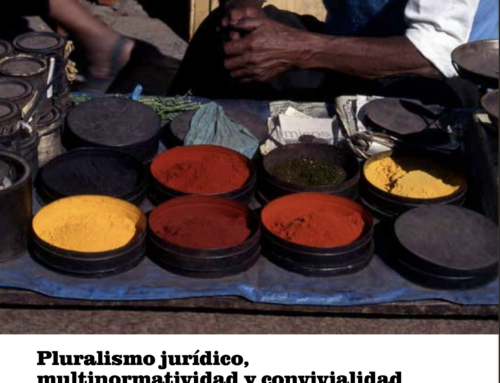Exchange of experiences among members of the Movement for Unity in Politics (MUP) during a national meeting attended by Focolare president, Maria Voce and co-president Giancarlo Faletti at Mariapolis Gianetta near Sao Paulo, Brazil (April 11, 2014).
Two hundred members of the MUP in Brazil, including federal deputies, mayors, city councilors and young people testified to the innovation that the practice of fraternity is bringing to their lives and work environments.
Is fraternity compatible with the political battle? For federal deputy Luiza Erundina the answer was “no” when she was young and struggling against the dictatorship. It became “yes” when she met Chiara Lubich who launched the Movement for Unity in Politics (MUP).
For Mayor of Sorocaba, Antonio Carlos Pannunzio the most important thing is the revival of the understanding that we are first of all members of the one human family, all children of one Father. “We can disagree with our political colleagues, but this doesn’t mean we turn them into our enemies.”
And if the wall of emnity rises, it is not impossible to bring it down. “I was a bitter opponent of Luiza Erundina, when she was mayor of Sao Paulo and I was a councilor,” says federal deputy Walter Feldman. “Now we talk with each other every day. Dialogue becomes possible when contraries meet to arrive at a synthesis: the common good.”
“You need to be among the people in order to be in tune, to heal the division among politicians and society. Change begins with personal behaviour,” said federal deputy Luis Carlos Hauly referring to the example of Mandela and Gandhi.
Pedro Paulo Fiorelli is a young man who is attending the Civitas School for citizenship training, so that one day he will be a better politician. The basic lesson is: politics is not for winning elections, but an art for the transformation of society, with a preference for the forgotten members of society.
Maria Voce remarked: “This enlightened political action that places the value of proximity and relationship at the centre, beginning from the least and their needs that cry out a longing for fraternity, is more than necessary.” Giancarlo Faletti referred to these politicians as “experts in humanity,” “prophets of a new world,” “prophets of hope”.
The meeting ended with a very significant gesture, the naming of a street in Porto Alegre after Chiara Lubich. Then someone sang a song based on the words of the Focolare founder, in which she described politics as the “Love of loves”. That song was adopted as the anthem of the Movement for Unity in Politics in Brazil.
The next event will be international: a worldwide convention in March 2015. It was announced in a message from the international president of the MUP, to present “the rich political thought of Chiara Lubich, which prophetically prefigured a world united by reciprocal love, not only among individuals but among peoples.”
focolare.org




Leave A Comment